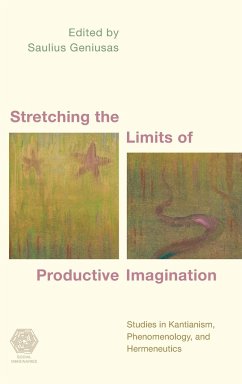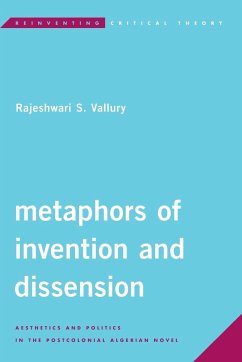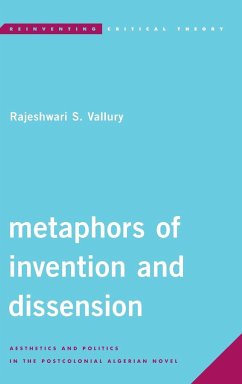
Productive Imagination
Its History, Meaning and Significance
Herausgeber: Geniusas, Saulius; Nikulin, Dmitri

PAYBACK Punkte
25 °P sammeln!
Although the concept of productive imagination plays a fundamental role in Kant, German Idealism, Romanticism, Phenomenology and Hermeneutics, the meaning of this central concept remains largely undetermined. The significance of productive imagination is therefore all-too-often either inflated or underrated. The articles collected in this volume trace the development of productive imagination through the history of philosophy, identify the different meanings this concept has been ascribed in different philosophical frameworks, and raise the question anew concerning this concept’s philosophic...
Although the concept of productive imagination plays a fundamental role in Kant, German Idealism, Romanticism, Phenomenology and Hermeneutics, the meaning of this central concept remains largely undetermined. The significance of productive imagination is therefore all-too-often either inflated or underrated. The articles collected in this volume trace the development of productive imagination through the history of philosophy, identify the different meanings this concept has been ascribed in different philosophical frameworks, and raise the question anew concerning this concept’s philosophical significance. Special attention is given to the historical background that underlies the emergence of productive imagination in modernity, to Kant’s concept of productive imagination, to the further development of this concept in German Idealism, Wilhelm Dilthey, Edmund Husserl, Ernst Cassirer and Martin Heidegger, Jean-Paul Sartre and Paul Ricoeur. A group of leading scholars present a systematic and comprehensive reference tool for anyone working in the firsl of social imaginaries.













